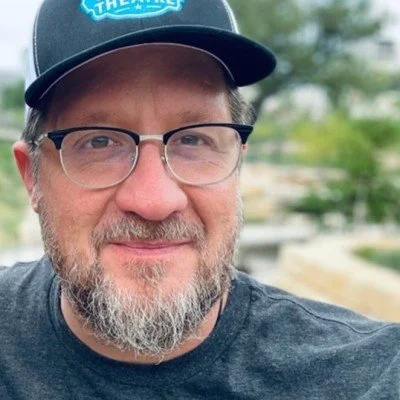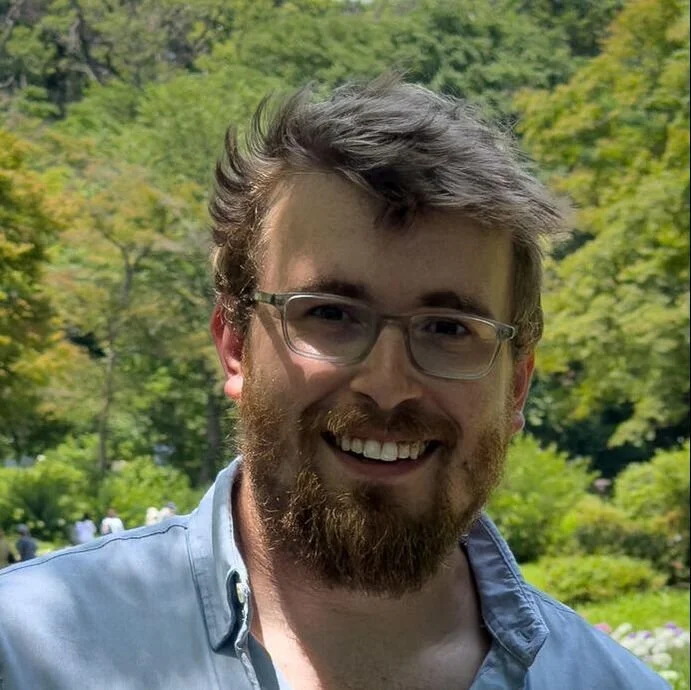Event Summary
Misinformation and disinformation will always be with us, but multiple technologies have made it possible to create and disseminate misleading and false information much more easily over the past two decades. The very recent emergence of generative AI for text, images, and audio/video has greatly increased the ability to create more persuasive misinformation and disinformation, while emerging edge computing and augmented reality technologies present risks for hacking, creating, and spreading false information of more types, more widely. As AI, edge computing and communications networks, AR/VR, and other new technologies become ubiquitous, we need to ensure our new capabilities are deployed with security and safeguards built-in. This conversation with leaders in misinformation/disinformation and technologies will discuss the new threats to information security and quality how they can be misguided or even weaponized, and what we are, may, and need to do to protect against these threats.
Speakers
Numa Dhamani, Principal Machine Learning Engineer, KUNGFU.AI
Numa Dhamani is a natural language processing expert with domain expertise in information warfare, security/privacy, and trust and safety. She has advised startups and nonprofits, served as the Principal Investigator on various DARPA programs, and contributed to multiple international peer-reviewed journals. Currently, Numa is a Principal Machine Learning Engineer at KUNGFU.AI. She has previously worked on mitigating abuses in the online ecosystem at Twitter, on counter disinformation efforts at the Global Disinformation Index, on detecting online extremism and influence operations at Yonder, and on developing cutting-edge machine learning solutions at Accenture's Innovation Hub. Numa holds degrees in Physics and Chemistry from the University of Texas at Austin.
Robert Matney, Director of Public Sector Partnerships, Primer.ai
Robert Matney serves as Director of Partnerships at Primer, a leading AI-ML technology company focused on practical defense applications. Primer delivers mission-ready AI to the analysts, operators and commanders who protect national security. Robert has led various software companies and initiatives since 2000. He has expertise in detecting information operations and disinformation analysis. Robert serves on the board of directors for Fusebox, a global hybrid arts organization and festival headquartered in Austin, Texas, where he lives with his unfeasibly clever spouse and two spoiled dogs.
Ryan Williams, Deputy Director, Global Disinformation Lab UT Austin
Ryan Williams is a third-year Ph.D. student at the LBJ School of Public Affairs and Deputy Director of the Global Disinformation Lab at UT Austin. His research explores global policy responses to emerging technologies. Ryan leads the Global Disinformation Policy Database project at UT. He has previously worked as a computational disinformation analyst for Yonder where he developed tools and tactics for understanding online affinity groups. Ryan has MA degrees from UT in Global Policy and Russian, East European, and Eurasian Studies.



